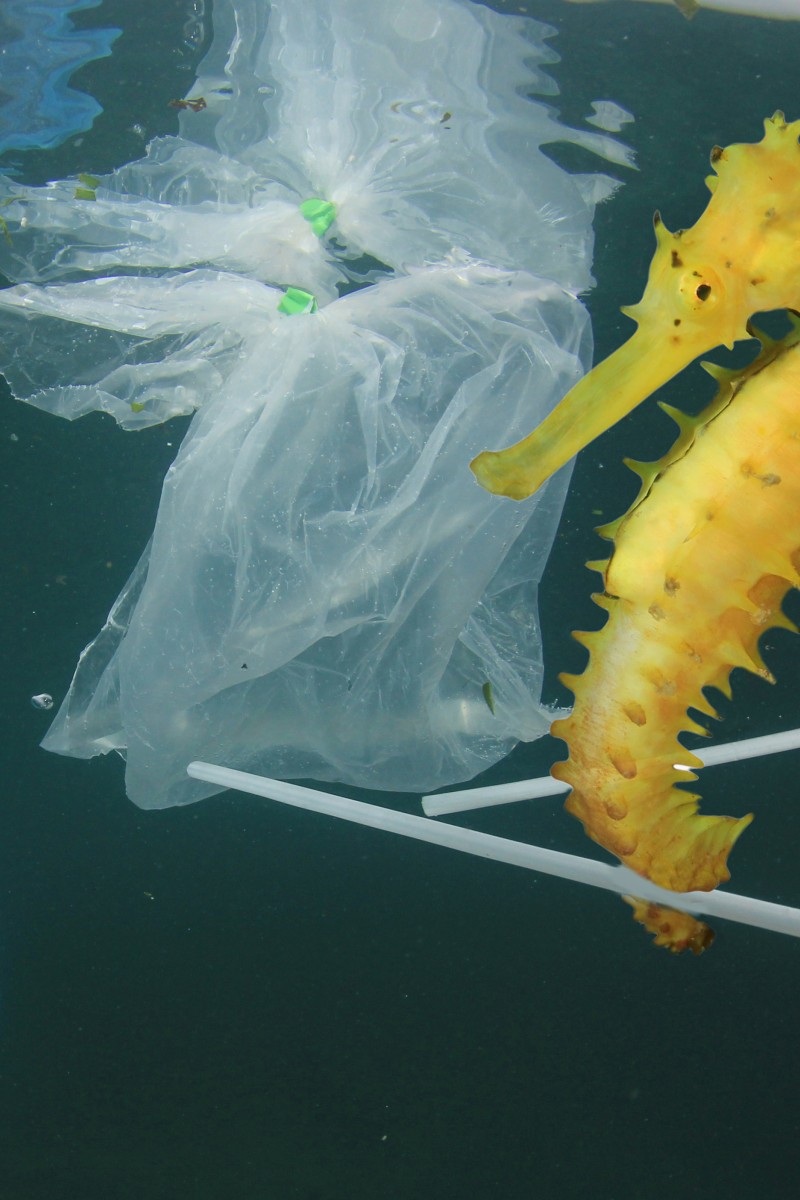
Plastic in the oceans is a problem, but banning straws is only the beginning of the solution
Published:
Talise Tsai
Listen to this article
More important initiatives, like better recycling and less packaging, should be taken to truly cut down on waste
Talise Tsai |
Published:
Sign up for the YP Teachers Newsletter
Get updates for teachers sent directly to your inbox
By registering, you agree to our T&C and Privacy Policy
Sign up for YP Weekly
Get updates sent directly to your inbox
By registering, you agree to our T&C and Privacy Policy